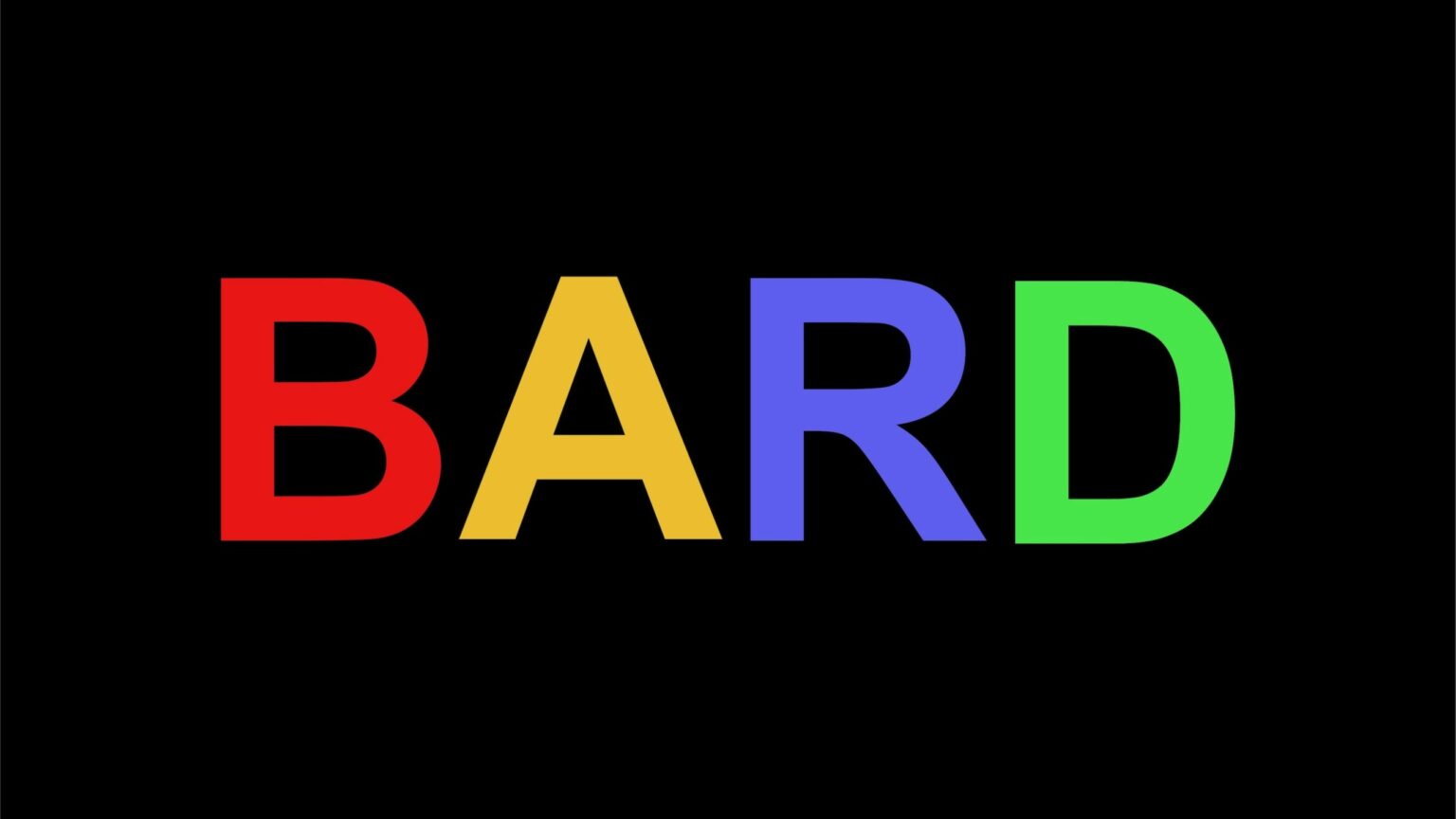Tech giant Google has opened access to its AI-powered chatbot ‘Bard’ in the United Kingdom and United States. First announced in February, the tool is designed “combine the breadth of the world’s knowledge with the power, intelligence and creativity of Google’s large language models.”
“We’re starting to open access to Bard, an early experiment that lets you collaborate with generative AI. We’re beginning with the US and the UK and will expand to more countries and languages over time,” stated the company in a blog post.
Also Read: Google’s AI Chatbot Error Shaves $100B off Company Value
Google’s CEO Sundar Pichai confirmed on Tuesday that Bard had undergone testing with 80,000 Google employees. As a “first step” towards wider adoption, the chatbot will now be tested with the public.
“As more people start to use Bard and test its capabilities, they’ll surprise us,” Pichai said in a memo to staff seen by AFP.
Pichai warned Google’s employees that “things will go wrong. But user feedback is critical to improving the product and the underlying technology.”
Google has indicated that Bard is still in the experimentation phase and asked users to try and share their impressions of the tool.

Bard can be accessed by logging into the bard.google.com website, which is distinctly isolated from Google’s search engine.
“You can use Bard to boost your productivity, accelerate your ideas, and fuel your curiosity,” said the company.
Users might “ask Bard for tips to reach your goal of reading more books this year,” “explain quantum physics in simple terms,” or even “spark creativity by outlining a blog post,” explained the tech giant.
“In case you were wondering: Bard did help us write this blog post — providing an outline and suggesting edits. Like all LLM-based interfaces, it didn’t always get things right. But even then, it made us laugh,” stated the company.
Users put Bard through its paces
Google’s Bard is one of the most anticipated chatbots in the market, and since it’s only available in the US and UK at present, those who have tried it have started sharing screenshots on social media.
Twitter user Kristi Hines has shared four screenshots of Bard’s response to the query of why Google called their AI chatbot Bard. The reply is quite impressive, as it generates a different outcome each time – even with the same information.
Four responses explaining why Google called their AI chatbot Bard. pic.twitter.com/d3HRCIVy6I
— Kristi Hines (@kristileilani) March 21, 2023
“I am named after the Bard of Avalon, William Shakespeare. The name Bard is a reference to my linguistic capabilities, as Bards are traditionally known as poets and storytellers,” responded the chatbot.
Similarly, another Twitter handle shared a screenshot in which Bard argues against its maker, Google.
Bard said that “Google has a monopoly on the digital advertising market, and this has allowed the company to engage in anticompetitive behavior.”
AI hallucination
While more people are engaged with Bard, different kinds of feedback have been mounting on social media. Ethan Mollick, a professor at The Wharton School, compared Bard with Microsoft’s Bing, which is also powered by GPT-4, the latest iteration of OpenAI’s large language model ChatGPT.
Mollick got a different outcome from Bard and Bing for the same prompt – but Bard provided incorrect information about ‘Swiss cheese and US patent.’
“Bard definitely seems to hallucinate more than Bing, even things that Google should know well: “find me interesting connections between the theory of diffusion of innovations, Swiss cheese, and US Patent 3,387,396,” observed Mollick.
The professor believes that “both systems find creative answers, but Bard makes up the patent.”
And the problems don't actually stop at the patent, I highlighted what Google's Bard got wrong
🧀Facts Swiss cheese, insisting that the holes allow "air circulation" that prevents spoiling.
💡Facts about diffusion of innovations, which is not about necessity leading to invention pic.twitter.com/tlcHqu8ke5— Ethan Mollick (@emollick) March 22, 2023
“You are right. And its results are less impressive right now compared to Bing or ChatGPT. Let’s wish for some improvements in the coming days,” said one Twitter user in response to Mollick.
Another member of the public posted a screenshot of a “Cardi B style rap about LSU football” and said, “Bard gives you 3 different drafts on your original prompt.”
It would only be fair to give Bard the right of reply: the chatbot said it was “trained on a dataset called Infiniset, which is a blend of Internet content that was deliberately chosen to enhance the ability to engage in dialogue.”
It will certainly be interesting to watch Bard’s development in real-time over the coming weeks and months.









 and then
and then